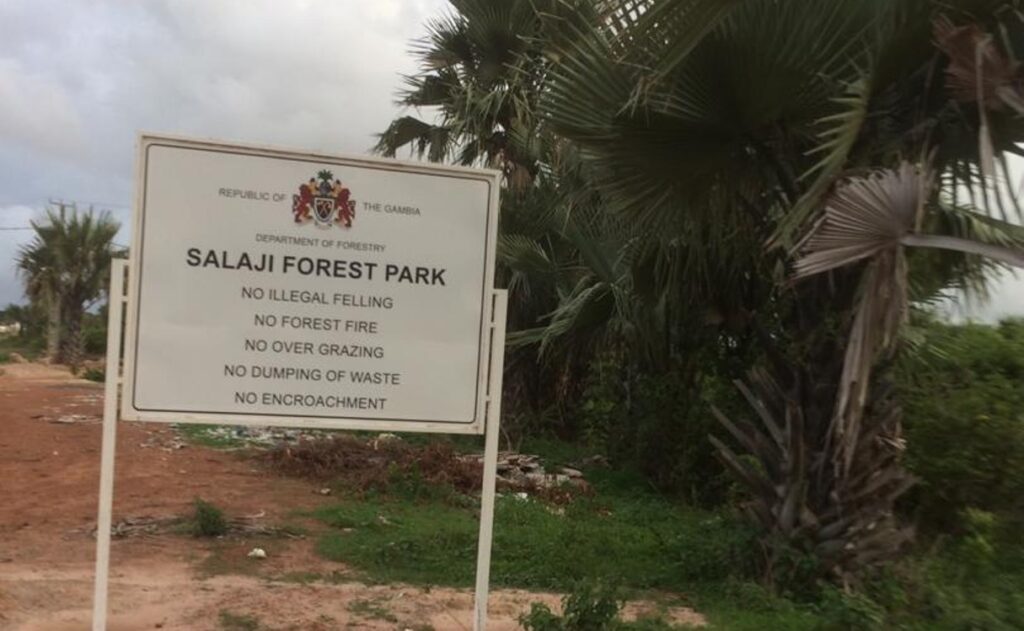
Salaji Forest, a vital 3,000-hectare expanse in The Gambia, known for its rich biodiversity and environmental significance, is under increasing threat of destruction due to a controversial government decision.
Once a protected State Forest Park, the government has allocated a 2.5-hectare section of the forest for basalt storage, a move that sparks protests from environmental groups and local communities. The controversy begins when the Ministry of Environment, Climate Change, and Natural Resources (MECCNAR) approves a temporary allocation of land within Salaji Forest for the storage of basalt, a material to support the country’s infrastructure projects.
The decision is made in partnership with GACH Global, a private company tasked with facilitating the import of basalt for use in various construction works. The government contends that this project complies with all legal and environmental guidelines, assuring that the land use will be temporary.
However, the decision to tap into Salaji Forest, a protected area gazetted in 1952 and managed by the Department of Forestry, triggers outrage.
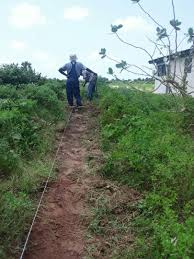
Critics argue that the decision is made without adequate consultation with local communities, violating both national laws and the public’s trust.
Pa Matarr Cham, focal person for Sukuta Village Development, voices his community’s frustration, emphasising that they were never consulted about the allocation.
“As a community, we aren’t consulted. They admit this is a mistake and promise to follow the right procedures,” Cham explains.
He adds that the people of Sukuta are so angry about the decision that they feel their voices have been ignored in a matter that directly affects them.
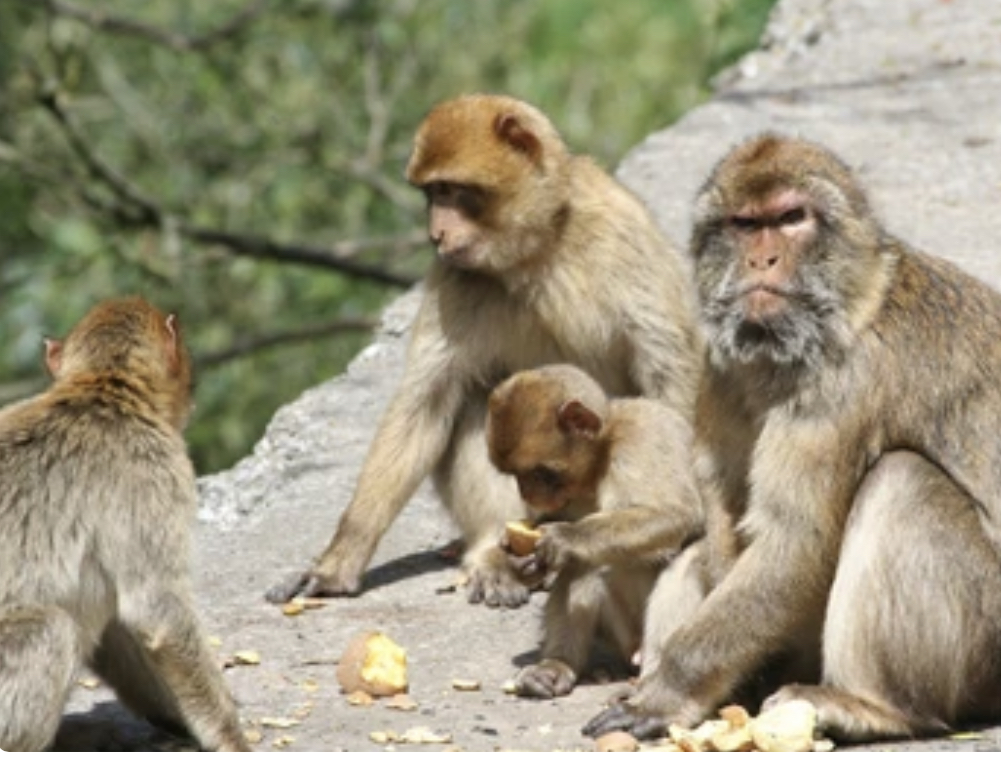
His group remains open to dialogue but insists that any resolution must protect both the forest and the local population.
Environmental advocates also raise concerns about the risks of storing basalt in close proximity to a natural reserve.
Muhammed Hydara, Secretary General of the Gambia Environmental Alliance, points out the lack of transparency in the process.
“The laws are clear, before degazetting any protected area, due process must be followed,” Hydara argues.
He warns that the accumulation of basalt in the forest could significantly harm both the local environment and public health. With fears of air pollution and potential contamination of water sources, local residents are alarmed by the decision.
Hydara adds: “right now, all we want is for all activities to be stopped and consult the community.”
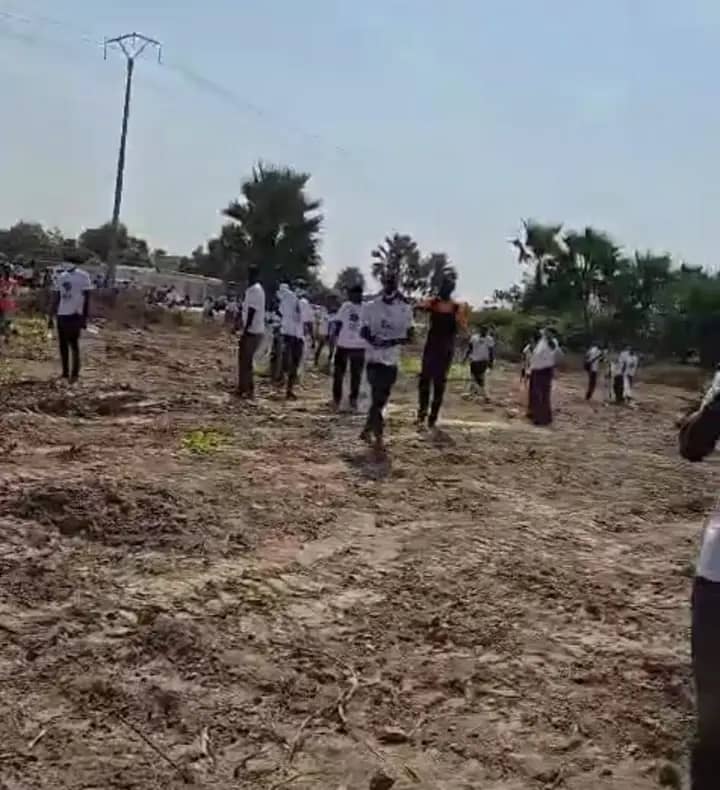
“We will definitely challenge this issue in the courts if the minister doesn’t accept.”
The ecological impact is already evident in other areas. Cham draws comparisons to Kerr Serign, where the destruction of natural habitats displaces wildlife, including monkeys now seen wandering urban areas.
He fears the same fate awaits Salaji Forest if the government’s plan proceeds unchecked. “The forest hosts diverse species. If the trend continues, this forest will soon be extinct,” Cham warns.
The looming threat to Salaji’s biodiversity and its potential impact on water sources intensifies the stakes. Local communities, already vulnerable to environmental changes, are deeply concerned about their future.
“Basalt storage shouldn’t be within the vicinity of the community,” Hydara emphasises. The environmental risks posed by the storage site extend far beyond the forest itself.
Environmental damage in The Gambia
The Gambia has witnessed significant environmental degradation over the years, with deforestation, land degradation, and coastal erosion being major concerns.
Deforestation remains one of the most pressing issues, with large areas of the country’s forests cleared for agriculture, infrastructure, and firewood collection.
The Gambia’s forest cover has dwindled from 75% in the 1960s to around 40% today, a loss that has led to a decrease in biodiversity and a heightened vulnerability to climate change.
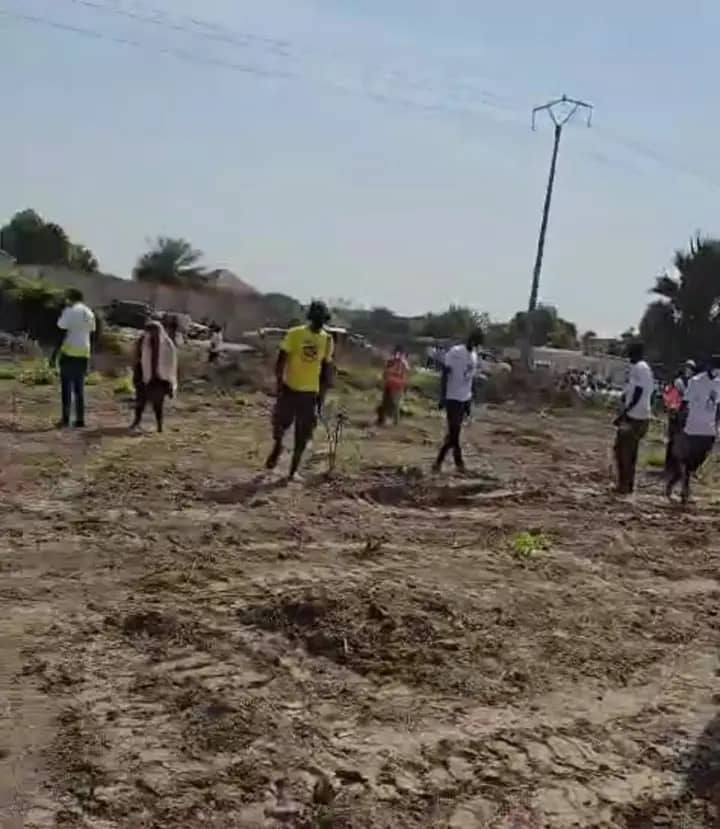
Coastal erosion is also a major threat, especially in the capital city of Banjul and surrounding areas. Rising sea levels, coupled with unsustainable development along the coastline, have caused the loss of wetlands and vital habitats for marine life. The tourism and fishing industries, key to the country’s economy, are also suffering from these environmental changes.
Land degradation due to deforestation is increasingly affecting agricultural productivity. The country faces reduced soil fertility and water shortages, putting local communities at risk of food insecurity.
The government’s decision to allocate land within Salaji Forest for basalt storage adds to the mounting environmental concerns, raising questions about the country’s long-term commitment to sustainable development.
By Adama Makasuba










Recent Comments